SPECIAL TO TUDLA
by Ma. Joyla Nerona-Ofrecia (Noah’s Ark ’92)
Ma. Joyla is the president of Autism Society Philippines, City of San Fernando Pampanga Chapter. She is a graduate of University of the Philippines Los Baños with a degree in forestry.
Autism is a complex developmental disability that typically appears during the first three years of life. It is the result of a neurological disorder that affects the functioning of the brain. Autism and its associated behaviours have been estimated to occur in 1 in 88 individuals (Autism Society of America, 2012). It is four times more prevalent in boys than girls and knows no racial, ethnic or social boundaries. Family income, lifestyle and educational levels do not affect the chance of autism’s occurrence (Alberto and Troutman, 1995). It interferes with the normal development of the brain in the areas of social interaction and communication skills. Children and adults with autism typically have difficulties in verbal and non-verbal communication, social interaction and leisure or play activity. The disorder makes it hard for them to communicate with others and relate to outside world. They may exhibit repeated body movements (hand-flapping, rocking), unusual responses to people or attachment to objects and they may resist changes in routine (Candace et al., 2007).
Can you imagine how great the challenges are to raise up a child with autism? The truth is you can never tell unless you have your own child with autism, and each family’s journey with autism will always be a unique one.
During the diagnosis, parents of children with autism experience a variety of emotions. The diagnosis is comparable to the death of a love one; it is the death of their great dreams for their beloved child. The situation lead them to undergo the process of grieving. It starts with the denial stage where parents would insist that there is no problem with their child, that it is only a delay in development, they would often compare it to themselves when they were the same age. Parents will become angry when they begin to experience challenges brought about by the condition and would ask why this has to happen to them, why their child. They would also offer a bargain that they will give anything or change anything just to make their child’s condition go away. But autism is a lifelong condition and there is nothing that they can do to make it disappear, and then depression comes. Despite all the challenges and the roller coaster of emotions, what is important is that the parents reach the acceptance stage soonest possible. The process is a cycle that will keep on turning all throughout their lives as autism continuously brings challenge to the whole family in every stage of the child’s development. Accepting the child’s condition will give them strength and motivation to fulfil their purpose in the life of their child with autism. As acceptance comes, hope that the child will achieve his full potentials and that despite his autism he can be an independent and productive member of the society will flourish.
I myself am a mother of a 13-year old boy with autism and I have my own unique story to share. Our family have been dealing with the condition for the past 11 years from the time he was diagnosed in 2001. Back then information about autism is just beginning to build up. It was the Autism Society Philippines that have become our constant source of information (aside from the internet) and support in terms of managing our son with autism. We continuously and consistently study about autism and train ourselves to be our son’s 24/7 teacher and therapist. Our son’s condition and needs brought a lot of changes in our life. My life since the diagnosis revolves around my children, to put stress on my son especially his needs.
From then on, my focus is to do everything I could for my son to live a normal life, for him to be the best that he can be. I forgo what should have been a normal life for me and adapted the life of a mother with a special needs child. My life, my home has learned to adapt to the needs of my son, Juris. I have set my own expectations and disappointments aside and made the necessary adjustments. During the first years, I did not walk and wait, I run miles to maximize my son’s development at his early age. Now, as I look back, I could no longer see myself living a life anymore different than how I live it today. Those years of hard work and labour has been rewarded fruitfully. To see my son contribute his uniqueness to the mainstream society can be the biggest compensation of all.
After 11 years of continuously making myself a fit mother to my son, I have recognized that everything that happened along the journey were on purpose. It was all a preparation for a bigger and wider purpose. I am not only a mother to my children, but also to other children with special needs, especially to those with Autism. This realization has made a big difference in my life. My continuing walk with faith in God enlightened me and made me realize the purpose of my being. All of me have been created and moulded for a unique purpose. And to accomplish my unique purpose, I have embraced the responsibility of being an advocate of their rights, to spread awareness and to provide enlightenment.
Having a child with autism (or even those with other condition) is not a joke. No amount of words could express how hard and painful it is. Apart from the challenges of raising them, our families have to endure the response of the society. Due to lack of awareness and understanding, to have a member of the family with autism remains to form a stigma because the society is so distant in accepting these individuals as one of them. People continue to make fun of them and use the word “autistic” as a joke. It is not a joke or an insult equivalent to being unintelligent or indifferent. It is hurtful to families who live with autism when the word “autistic” is used to describe bad behaviour or frustrating situations. To use the word “autistic” without understanding its meaning is not right. It is not kind. The misconception it breeds is the root of bullying against many children and adults who live with autism in the Philippines.
This situation prompted the leaders and members of the Autism Society Philippines to launch the 1Pangako Project. I, together with all the parents of individuals with autism, am earnestly appealing to each one of you to help us spread awareness and make others promise to act to stop the derogatory use of the word “autistic” and to promote the true acceptance and inclusion of Filipinos with disabilities. One simple promise can spur the change that may make life better for millions of Filipinos with autism.
Last Updated on October 12, 2016 by Tudla_Admin


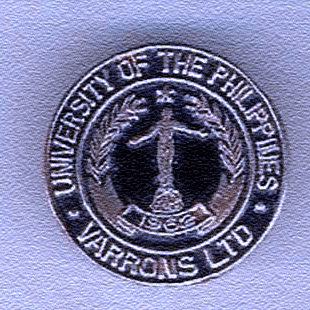


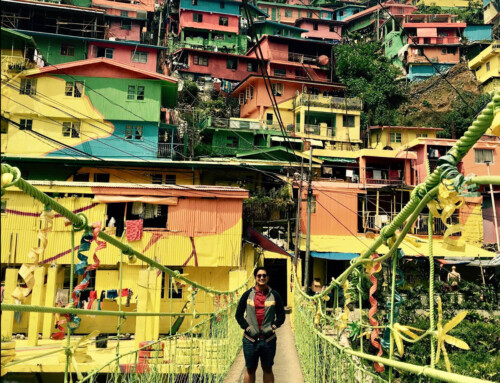




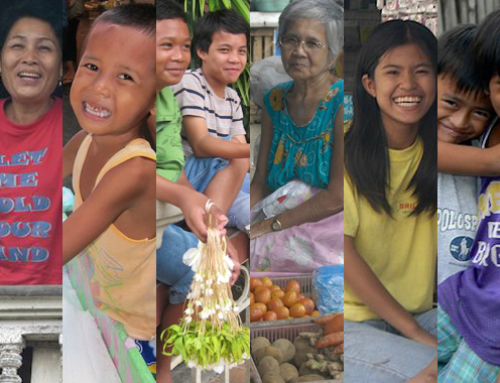
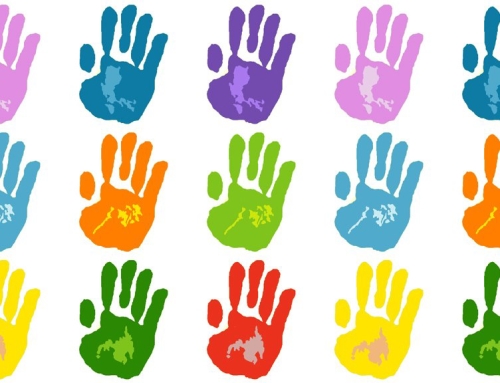
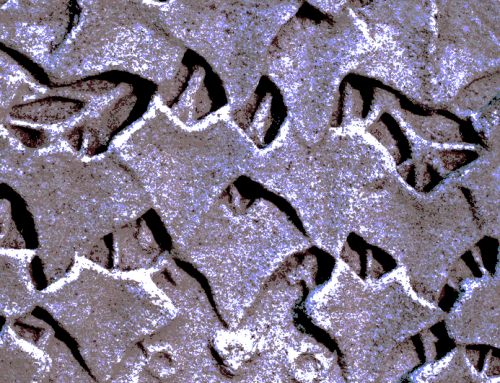
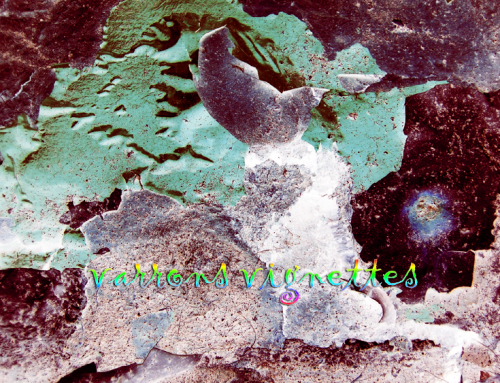
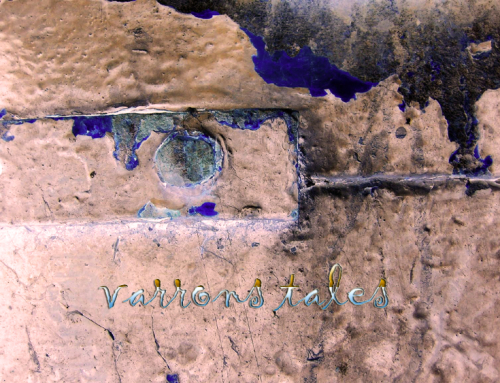
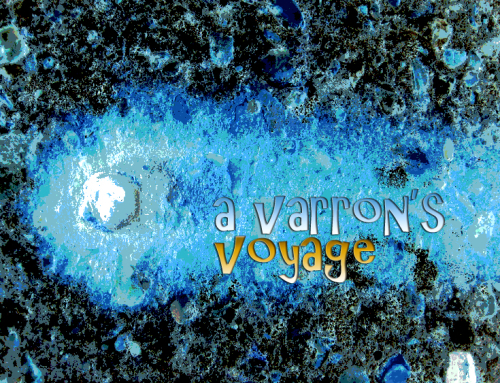


Leave A Comment